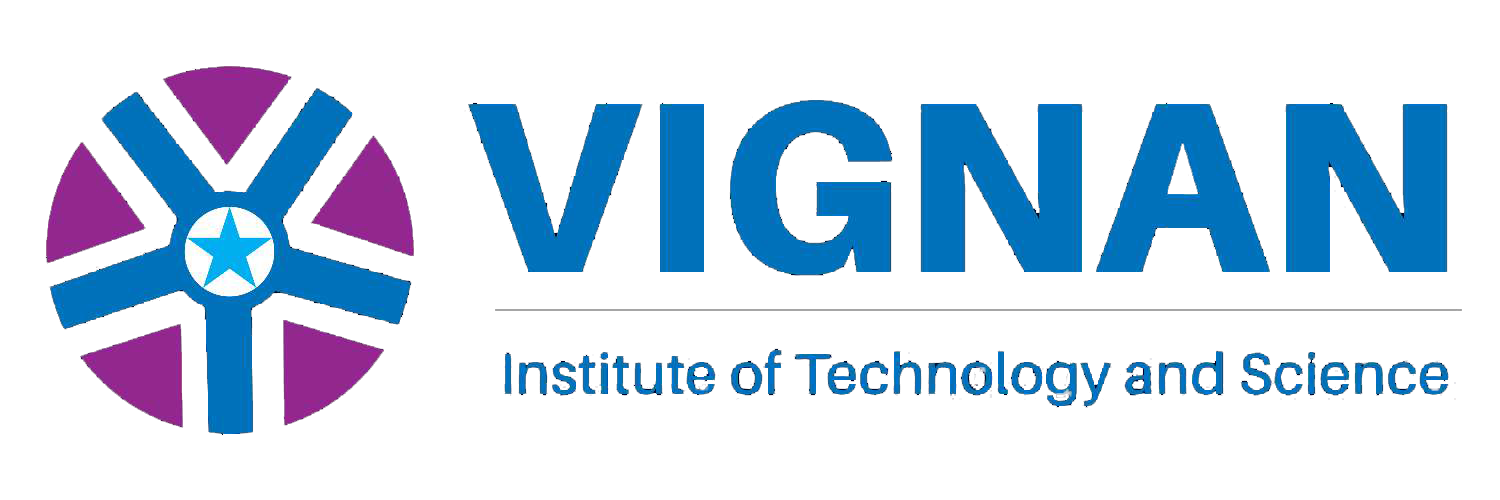In the time of coronavirus disease, returning to college has taken on a new meaning and a new set of concerns for students, parents and administrations. In the wake of the COVID-19 outbreak, colleges must now balance the educational, social, and psychological requirements of their pupils along with the health and safety of students and faculty.
All colleges should strive to have students attend college in person, as the learning experience is best when it is a social one. This entails collaborating with public health experts to bring the virus’s spread in the population under control. After that, layers of safety procedures can assist keep students, educators, and staff safe once a college can resume in-person instruction.


Why in-person College is best—when it is safe
Students receive more than simply academics from colleges. Students develop social and emotional skills, fitness, and access to mental health and other support services and reading, writing, and socialization with peers. Colleges provide a secure, exciting, and engaging environment for several students. Many families rely on colleges to provide nutritious meals, internet access, and other essential services to students.
Vignan Institute of Technology and Science is one such college that strives to be a safe haven for its students. The college maintains a large, well-equipped hostel on campus that offers a comfortable stay at a reasonable price. It is run on a no-loss, no-gain philosophy by the college administration. A spacious Dining Hall provides delicious and nutritious meals in the most sanitary circumstances possible. A committee of students determines the meal. Every week, the menu changes to reflect the student body’s preferences. The rooms are well ventilated and large, with an executive study table, lockable closets for each student and adjoining restrooms. The hostel has a digital library that is open till late at night. It also features a Wi-Fi hotspot with reliable Internet access.
Apart from posing as a barrier to living conditions, virtual education has greatly impacted learning techniques as well. In a learning environment, interaction is crucial. The capacity of educators to connect with pupils and understand their needs is a major obstacle to learning. This can be more difficult to do without spending time in a physical classroom, especially if online learning is given in big groups rather than small tutored groups or one-on-one settings.
Furthermore, in situations where students lack access to technology or are learning with an unstable internet connection, problems connecting to live video conferencing might put them at a disadvantage. Pupils’ digital abilities are not fairly distributed, and not all students will have the necessary knowledge or comprehension to benefit from distance learning. Students may fall behind if teachers lack the expertise or time to assist this skill development.


What can colleges do?
Now that the Coronavirus cases are in a gradual decline, engineering colleges in Hyderabad are considering reopening. There are a number of precautions that colleges must take to avoid the spread of SARS-CoV-2, the virus that causes COVID-19. Although no single measure can totally erase the risk of contracting COVID-19, they can significantly minimize it when taken collectively. The following are important measures to take:
Face masks: To help halt the transmission of the virus, all students and faculty members should wear face masks that cover their nose and mouth. Face masks are useful and safe to use for lengthy periods of time, such as during college hours, when they fit properly and are worn appropriately and regularly.
Physical Distancing: Physical distancing limits close contact between individuals, lowering the chance of infection from infectious respiratory droplets released nearby by someone with COVID-19 when breathing, talking, or coughing. College students must keep at least 6 feet apart. Teachers and staff should also keep a 6 feet distance between themselves and pupils, minimize in-person encounters, and avoid locations like staff lounges. To aid with distancing, colleges should utilize outdoor spaces and empty areas for instruction and meals whenever feasible. Engineering colleges in Hyderabad are actively encouraging physical distancing among students and staff, making sure to avoid meetings and cultural events. Crucial extracurricular and athletic activities are being permitted only if physical separation is possible.


Testing & Temperature Checks: Testing can only tell you whether you’re infected at that moment in time; thus, it’s not always helpful in avoiding outbreaks in colleges. Furthermore, many colleges may not be able to screen all pupils on the campus for current SARS-CoV-2 infection. When someone exhibits COVID-19 symptoms or has recently been exposed to the virus, diagnostic testing is advised. However, weekly monitoring of teachers and college employees and the screening of students can be conducted. It may not always be possible to take pupils’ temperatures at college. Families should keep an eye on their children’s health and keep them at home if they have a temperature of more than 100.4 degrees F or show any indications of infection.


The top B. Tech colleges in Hyderabad are religiously abiding by these typical safeguards such as regular disinfection of institution premises and temperature checking of professors and students on-premises. Not only that but all educators, students and staff at Vignan Institute of Technology and Science are being mandated to wear masks. For more details, please visit https://vignanits.ac.in/.

